
Swiss pharma giants fall in access to medicine ranking
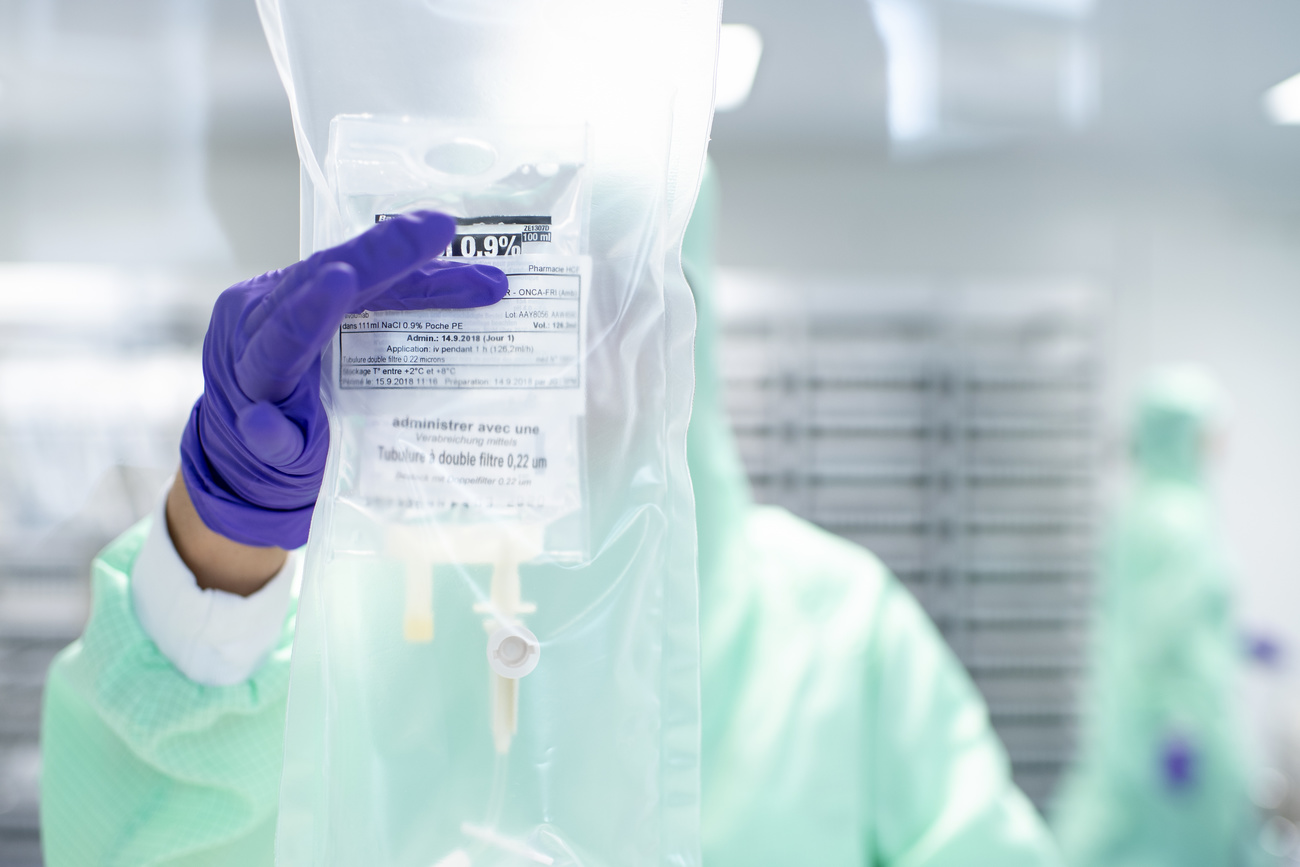
Both Roche and Novartis have slipped in a ranking of the top 20 pharma companies’ efforts to expand access to medicines in poor countries.
Novartis dropped from second place (2020 result) to fourth in the 2022 Access to Medicine IndexExternal link published on November 15, while its Basel-based neighbour Roche slipped one spot to tenth. UK-based GSK held on to the top spot followed by Johnson & Johnson and AstraZeneca.
“The index is increasingly competitive. Every company is doing something to expand access, but the quality of the strategies is still lacking, especially when it comes to reaching all countries,” Jayasree Iyer, chief executive officer of the Access to Medicine Foundation that prepares the index, told SWI swissinfo.ch by phone.
For the first time since the index was published in 2008, all 20 companies have access-to-medicine strategies, which means they are taking steps to make medicine and diagnostics available and affordable for patients beyond the major markets such as the US, Europe and Japan. As one indicator reveals, 83% of existing products assessed by the index now have a strategy to expand access compared to 58% of products in 2020.
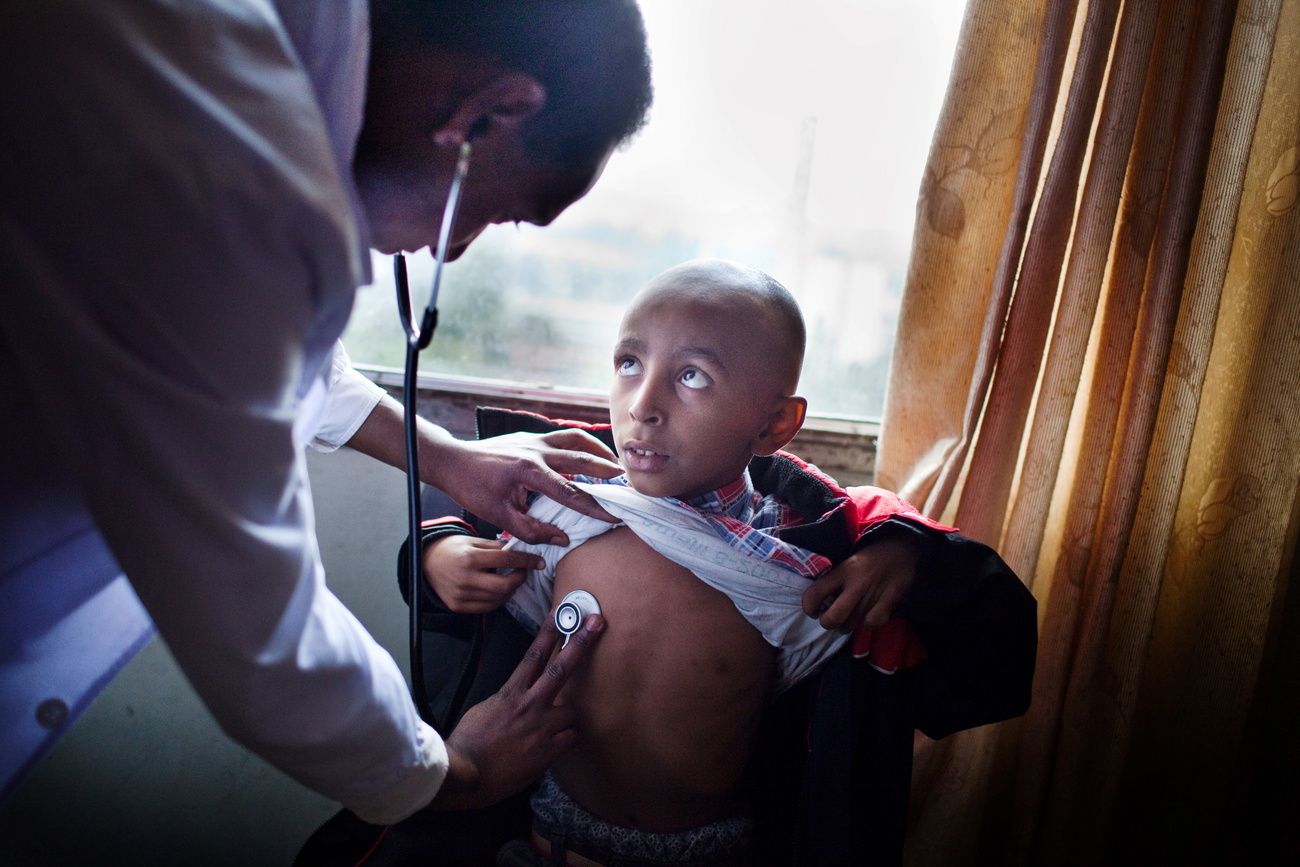
More
The end of affordable medicine
The ranking, which is supported by the UK and Dutch governments, the Bill & Melinda Gates Foundation, the Leona M. and Harry B. Helmsley Charitable Trust, and AXA Investment Managers, measures companies in several areas, including research and development, pricing, and product donations.
This is the first time the index evaluated efforts during the Covid-19 pandemic, which “laid bare” the inequity in access to medicine, the foundation said in a news release. The index praised the “rapid and effective response” in developing Covid-19 vaccines but was critical of the inequity in their roll-out and the lack of investment in other emerging infectious diseases.
“If Covid-19 is to be a turning point in global health, the challenge now is for companies to expand access to more of their products – and in a greater number of countries – to reach more people in low- and middle-income countries,” the foundation wrote.
Bringing innovation
Novartis, which has held one of the top three spots since 2016, was recognised for integrating access into its planning process for all projects in its pipeline. This means it plans global product launches rather than just in high-income markets.
The company has strong geographic reach, including in some of the lowest-income countries, helped by investments in diseases such as malaria and sickle cell disease that are common in Africa. Clinical trials for its treatment of severe malaria also includes five low-income countries.
The company lost points because of a legal settlement related to an issue in Vietnam involving a distributor of the company’s eyecare subsidiary, Alcon, which separated from Novartis in 2019. Although the issue was from 2011-2014, the settlement occurred during the reporting period for the index.
The company has relied heavily on its generic unit, Sandoz, to reach patients across income levels. A few months ago, it announced plans to spin off Sandoz and focus on so-called innovative, “high-value” medicines. This isn’t reflected in the company’s score in the 2022 ranking because the spin-off hasn’t been finalised. However, Iyer said that it will be important for the company to “come up with a solution for how to tackle the innovative products if they can’t piggyback on the networks and the distribution models of the generic part of the business”.
Neither Roche nor Novartis have any vaccine business, and therefore weren’t involved in the development of Covid-19 vaccines. Roche’s diagnostics arm supported the roll-out of Covid-19 tests.
Roche, however, doesn’t have the same extensive geographic reach as many other companies. This is largely because it has limited investments in diseases that disproportionately affect lower income populations such as malaria. “Product delivery is the biggest opportunity for Roche. Its products are largely available in upper-middle and lower-middle-income countries but scale in the poorest countries is limited,” said Iyer.
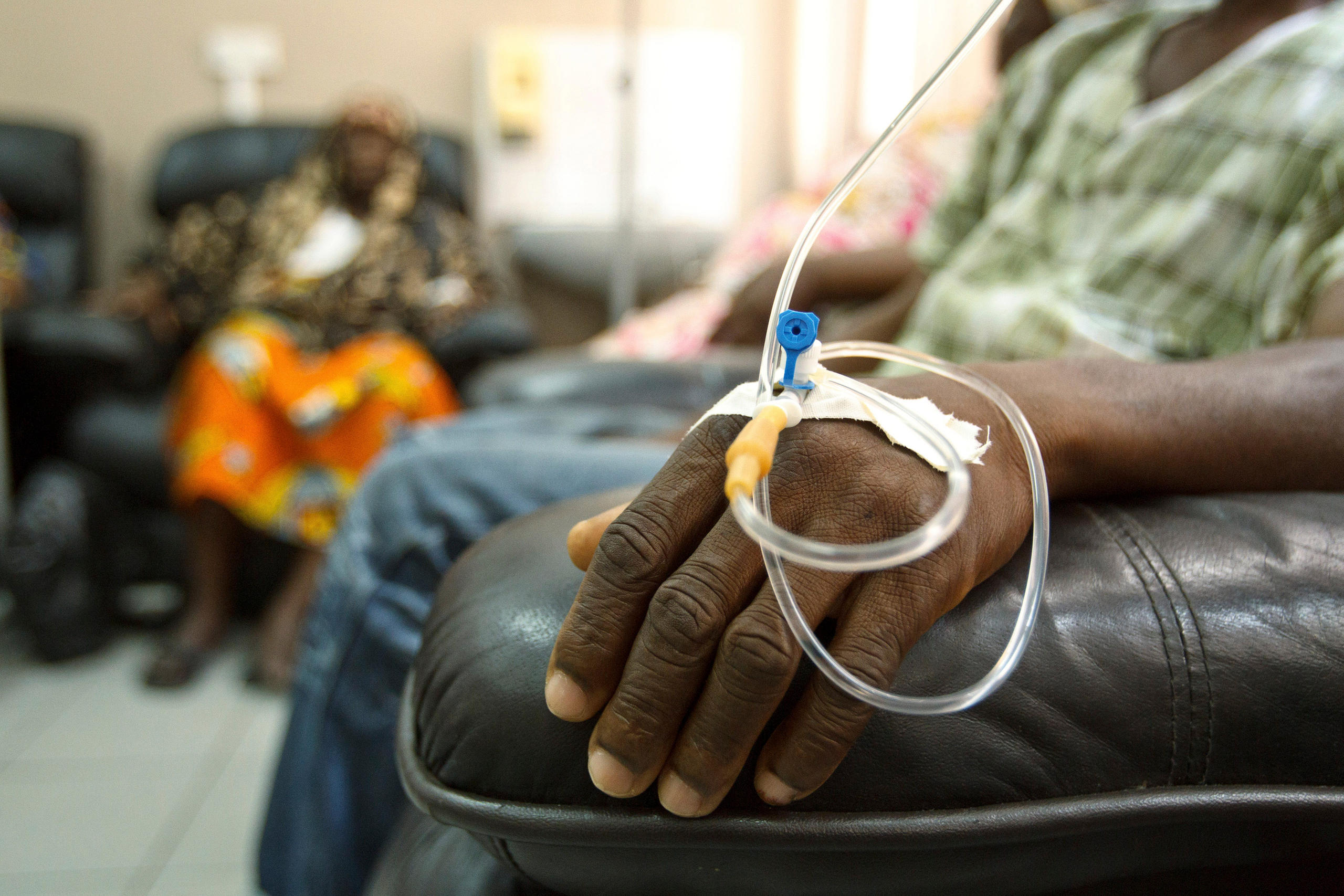
More
Why life-saving drugs aren’t saving lives in Kenya
A Roche spokesperson commented: “The company has highly innovative medicines; it can therefore be challenging to bring medicines to everyone who needs them because they often require specialised care pathways and medical infrastructure which are not always in place in every country.”
The company added that it had been working with governments and partners to build capacity and tackle “root causes preventing access to innovative healthcare” that are intended to help improve access in the long-term.
Reaching scale
While the 2022 index recognised some key areas of progress, Iyer said that not enough attention is being put on how to reach scale, especially for “innovative medicines” that are advanced treatments with high price tags, often for cancer and genetic disorders.
During the period of analysis, six companies entered into new licensing agreements, three of them for the first time. While most were for Covid-19 products, Novartis was the only, and the first company, to agree to a voluntary licence for a cancer drug. The deal with the Geneva-based Medicines Patent Pool (MPP), finalised in October, will allow generic production of its patented drug nilotinib to treat chronic myeloid leukaemia.
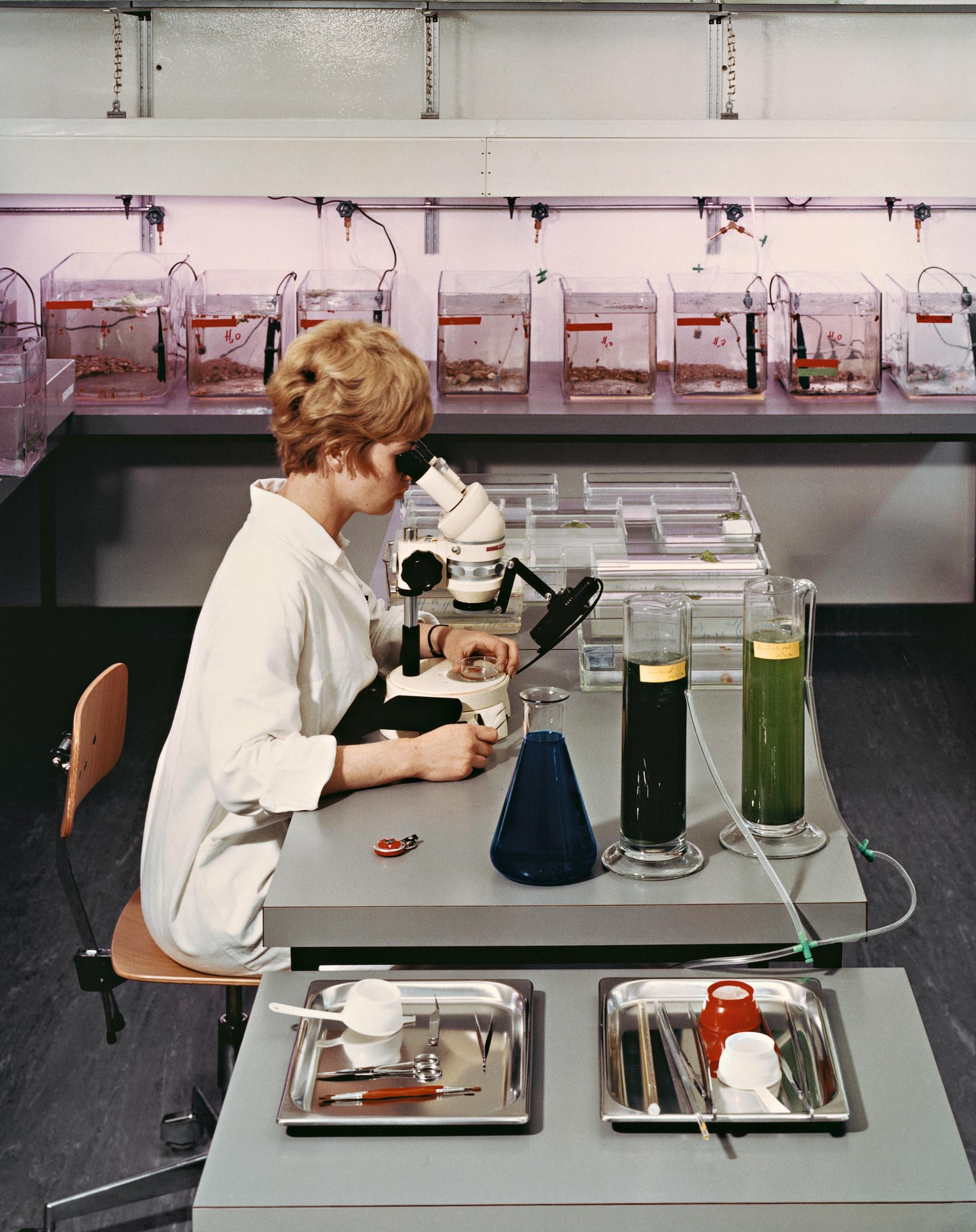
More
Swiss pharma reckons with its past, present and future
External link“Nothing says expanding access like voluntary licensing. That’s where you get the scale. That’s where you get affordability and the supply in different regions of the world,” said Iyer.
The Novartis deal is one of the first moves by a company under the banner of the Access to Oncology Medicines Coalition (ATOM) – a public-private partnership involving both Swiss companies to expand access to essential cancer drugs.
In response to question about whether Novartis will pursue additional non-exclusive licences, a company spokesperson said that “our primary focus right now is on implementing the non-exclusive voluntary agreement for nilotinib and taking learnings. We will then assess next steps and consider other opportunities”.
Roche hasn’t agreed to any voluntary licensing deals, but said that it is involved in technology transfer initiatives to regional manufacturers in Bangladesh, China and Algeria and will continue to evaluate opportunities on a case-by-case basis.

In compliance with the JTI standards
More: SWI swissinfo.ch certified by the Journalism Trust Initiative






























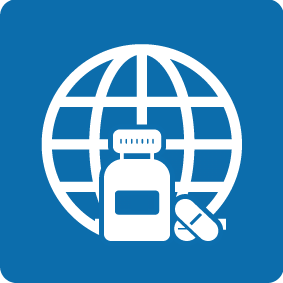
You can find an overview of ongoing debates with our journalists here . Please join us!
If you want to start a conversation about a topic raised in this article or want to report factual errors, email us at english@swissinfo.ch.